In pictures: strengthening maternal healthcare through nurse mentorship
Between 2011 and 2015, CARE's pilot maternal health programme in Bihar, India, aimed to reduce maternal deaths by 50%.
-
Date
May 2017
-
OfficeOPM India
The Mobile Nurse Mentoring Training (MNMT) programme aimed to strengthen both basic and comprehensive emergency obstetric and neo-natal careprovisions by training nurses and auxiliary nurse midwives in block primary health centres and district hospitals across Bihar. During today’s International Nurses Day, we take a look at how this capacity building initiative has impacted their professional development and what this means for the mothers they support.
Working with Johns Hopkins University, our team is evaluating the effect and impact of the initiative by participating in clinical observations, aiming to understand how MNMT has impacted nurses’ knowledge, skills and practice, both in the short term and over longer periods of time.
Discover more about our evaluation through the pictures below:
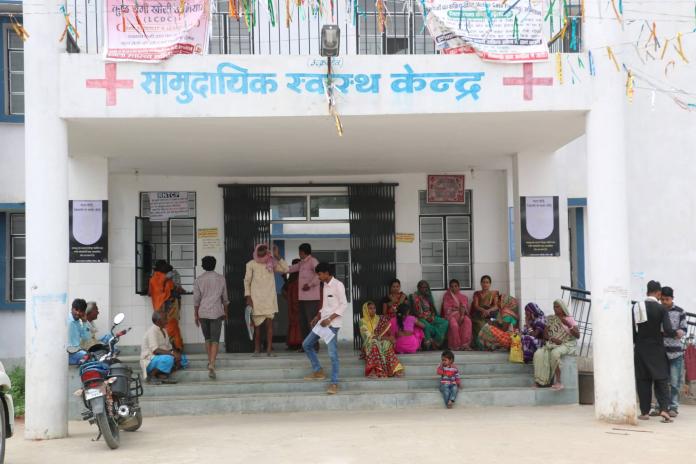
From August 2016 onwards, nurse enumerator teams and household survey teams have been collecting data in each of the 38 districts of Bihar. They will continue visiting the 400 participating facilities until February 2018.
Starting in health facilities
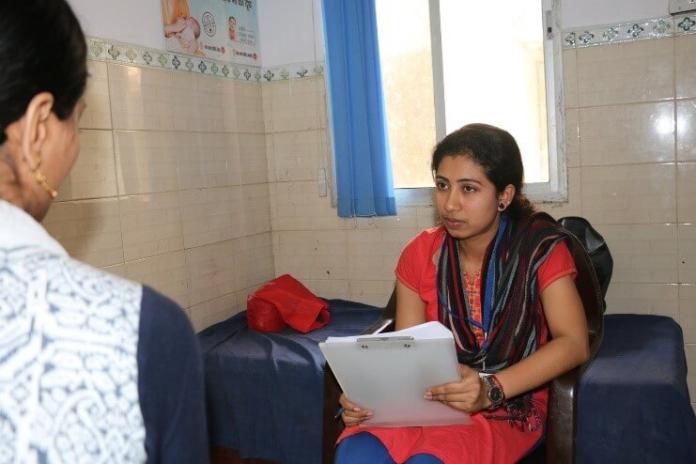
Nurse enumerator teams visit the health facilities across Bihar to meet with nurses and midwives working there and assess their knowledge, skills and practice.
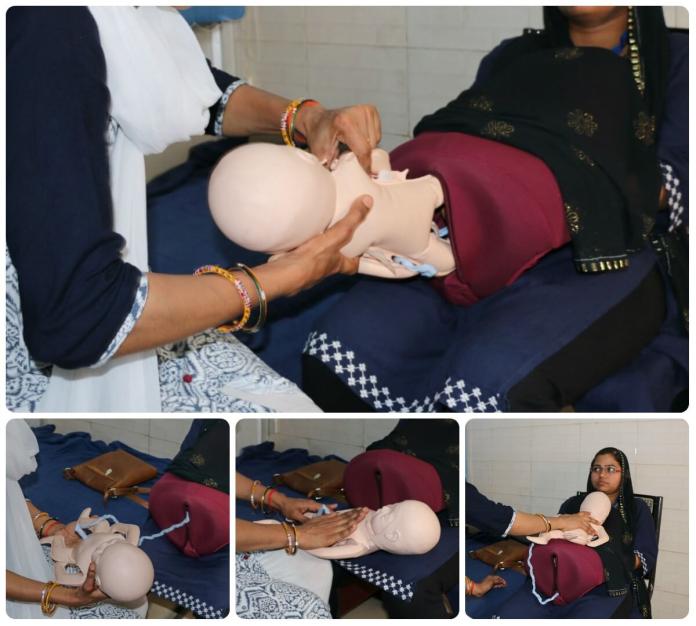
To assess the knowledge level and skills of nurses, nurse enumerator teams use the ‘Mama Natalie Birthing Simulator’ — a device to simulate birthing scenarios. The assessment also includes the use of clinical vignettes, delivery observation checklists and Likert scales.
Planning a household visit
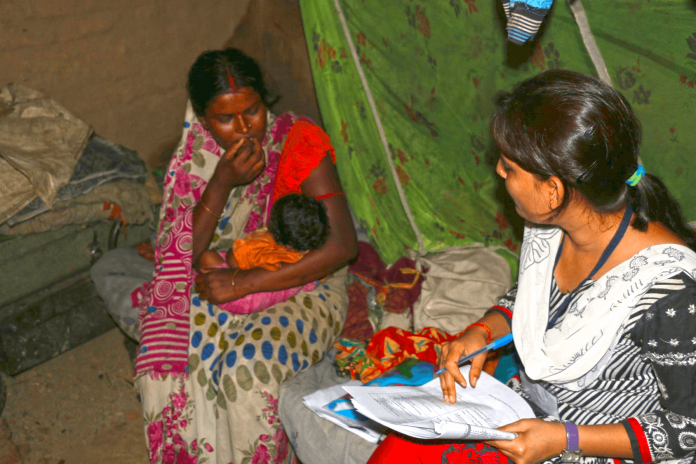
Within 30 days of giving birth, new mothers are visited by a separate team of female, Hindi-speaking enumerators. The household survey teams enquire about their experiences of antenatal, intra-natal and postnatal care, as well as their experience of childbirth and expenditure related to delivery. Data is collected from women whose delivery has been observed, with the household visits arranged during their stay at the health facility.
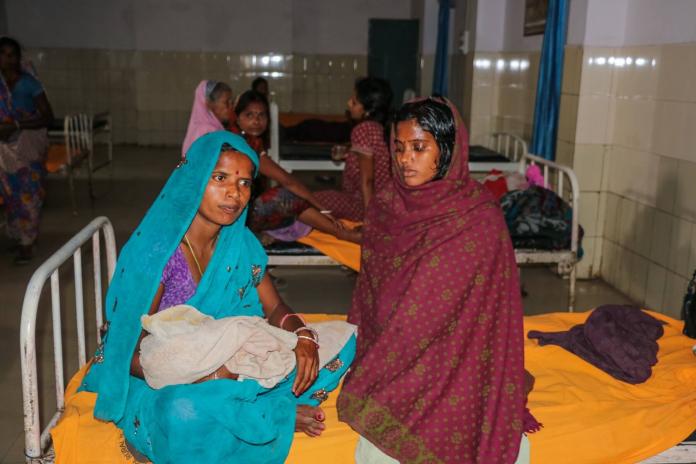
To date, the nurse mentorship initiative has received positive feedback from the participating nurses. “MNMT helped me learn how to effectively handle delivery cases at the health centre,” said one nurse, who has been working at a block primary health centre in the Sitamarhi district since 2007.
Looking to the future
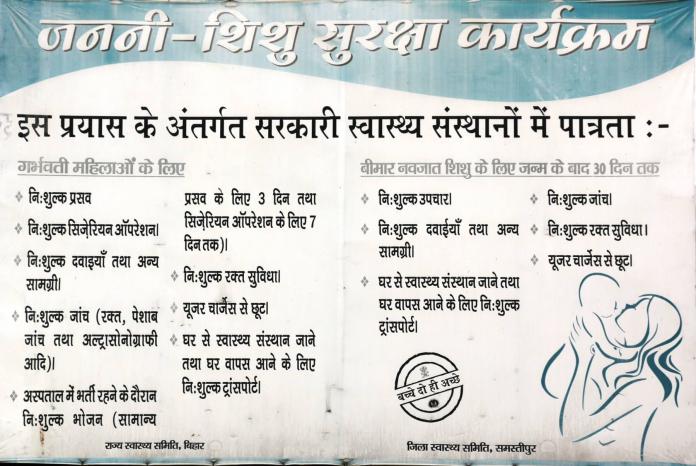
Health facilities use posters and banners (pictured) to inform about health care services for pregnant women and newborns
“MNMT training would help me improve my performance and learn how to handle emergency cases,” said one nurse who has been working at a sub-divisional hospital since 2013. She is keen to join the mentorship programme.
Continuing to strengthen comprehensive emergency obstetric and neo-natal care provisions, the MNMT initiative will start mentoring doctors together with nurses. As it grows in scope, our evaluation will help ensure that future mentoring programmes work as effectively as possible for all involved, helping reduce the incidence of complications in childbirth.
Find out more about the MNMT initiative in the CARE Programme Summary ‘Integrated Family Health Initiative: Catalysing change for healthy communities’ (pdf).
